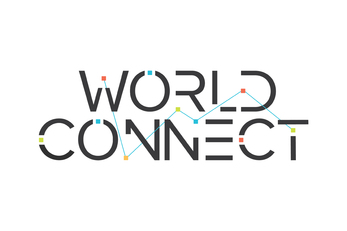Burundi
Total Projects: 8
Project Spending: $39,897
The Twa, Hutu and Tutsi peoples have lived in Burundi for at least 500 years. For more than 200 of those years, Burundi was an independent kingdom, until the beginning of the 20th century, when Germany colonized the region. After the First World War and Germany's defeat, it ceded the territory to Belgium. Burundi received independence from Belgium in 1962. Bouts of ethnic cleansing and ultimately two civil wars and genocides during the 1970s and again in the 1990s left the country severely undeveloped and its population as one of the world's poorest. 2015 witnessed large-scale political strife as President Pierre Nkurunziza opted to run for a third term in office, a coup attempt failed, and the country's parliamentary and presidential elections were broadly criticized by members of the international community. Deeply divided factions within Burundi create political instability that substantially harms the country’s overall development. Burundi ranks near the very bottom of the UN Human Development Index. Hunger, poverty, and malnutrition remain persistent threats to Burundi’s long-term growth.
Agriculture comprises 30% of the Burundian GDP and 90% of agriculture is for subsistence. Tea, coffee, and gold are the country’s largest exports. Other lesser precious metals are also important commodities. Degradation of local grasslands and pastures through deforestation, soil erosion, and soil loss are pressing ecological issues. Over 85% of Burundi’s population is rural.
Discover Projects in Burundi
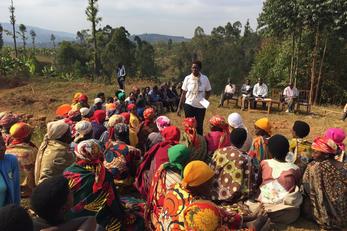
Bihanga's Wholesale Business
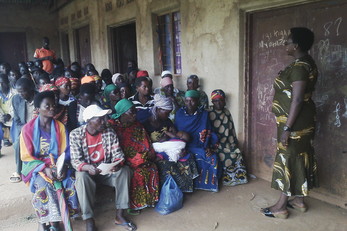
Mwumba's Wholesale Business
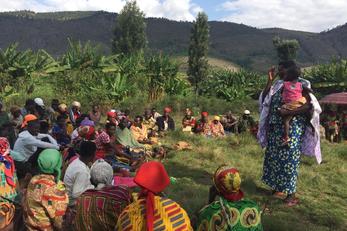
Kijima's Goat Rearing Business
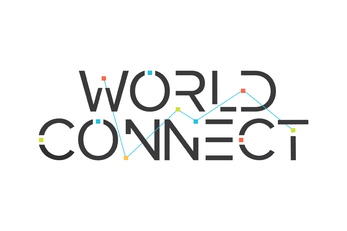
Shuza Cow Rearing Project
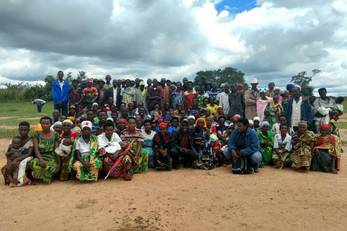
Ruyange Cow Rearing Project
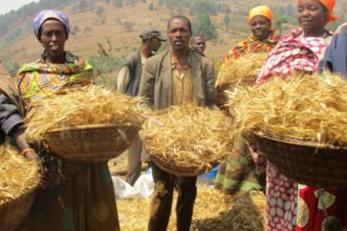
Kivumu Goat Project
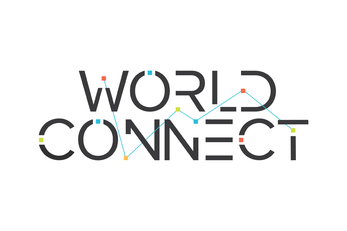
Misongati Motor Transport Project
